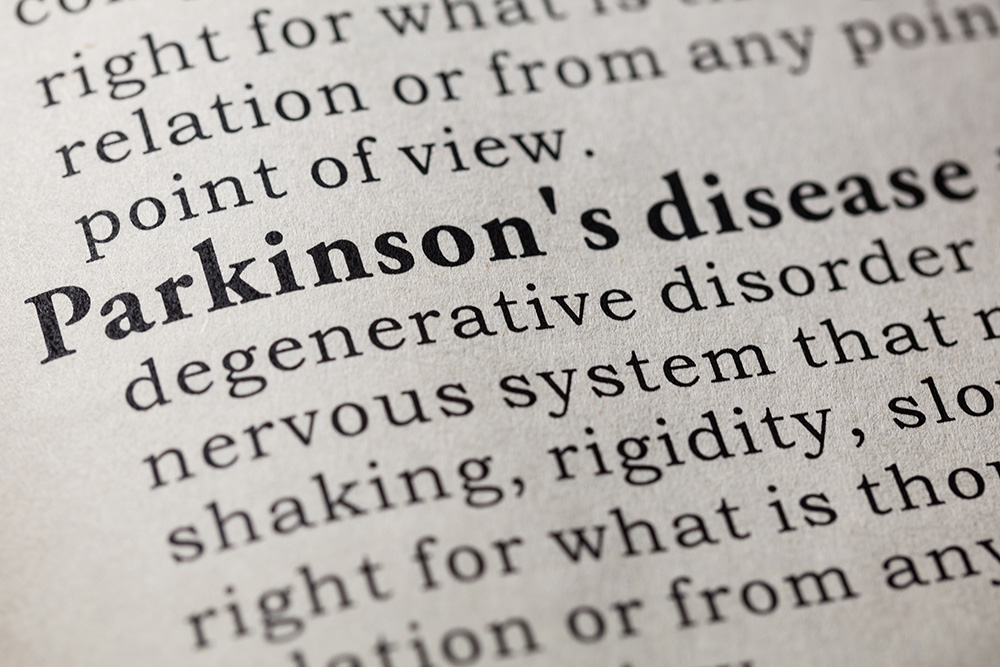RDN Tips on How to Eat to Limit Progression and Manage Symptoms of Parkinson’s Disease
Doing your best to remain healthy and strong is key for everyone with Parkinson’s disease. Following a balanced diet improves general well-being, increases your ability to deal with symptoms of the disease, and may limit the progression of Parkinson’s.
Since cognitive changes are common as Parkinson’s progresses, choosing foods that benefit your brain and can slow cognitive decline is a way to positively influence your Parkinson’s journey.
Eating a whole-food, plant-based diet has many benefits, as discussed in my previous blog.
Foods that should be OFTEN incorporated into your Parkinson’s Diet
Below is a list of foods you should try to incorporate into your diet as often as you can:
- Fruits
- Vegetables
- Whole Grains
- Seeds
- Nuts
- Olive Oil
- Plant-based foods
Foods that should be Moderately incorporated into your Parkinson’s Diet
Below is a list of foods that could also be added moderately into your diet, and some could be added daily.
- Seafood
- Dairy
- Chicken / Turkey
- Eggs
Here are a few healthy diet tips:
- Reduce the intake of added sugar and ultra-processed foods.
- Eat lots of fruits, vegetables, and grains (Don’t forget the frozen fruits and vegetables section at the grocery store, as well as the heat and serve unrefined grains!)
- Eat foods high in fiber.
- Drink lots of water/
- Avoid consuming saturated fat.
- Consume alcohol in moderation.
What foods should Parkinson’s patients avoid?
The Davis Phinney Foundation and Parkinson’s Foundation provide a list of foods Parkinson’s patients should avoid:
- Foods high in saturated fats
- Processed foods
- Large amounts of protein
- Iron – may reduce the amount of PD medication being absorbed
- High citrus juices like orange juice
- Sugary foods and drinks
- Large amounts of alcohol
- Hard-to-chew foods
As important, and probably more important than the single foods to include, limit, avoid, or a single nutrient focus, is the Food Pattern.
The Mediterranean Plan is the best example, though the MIND and DASH plans are very similar. These plans focus on your whole diet and not just a small part of it. Eating healthy in general and making smart dietary decisions are what will make the difference in your overall health and well-being.
Read more about how to manage Parkinson’s Disease with diet:
Diet’s Role in Parkinson’s Disease
By Jamie Santa Cruz, Today’s Dietitian, Vol. 25 No. 7 P. 32
The Davis Phinney Foundation
Nutrition, Hydration, and Parkinson’s
Parkinson’s Foundation, Diet & Nutrition
John Hopkins Medicine, Fighting Parkinson’s Disease with Exercise & Diet



